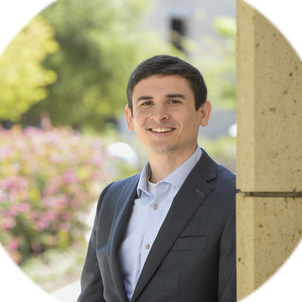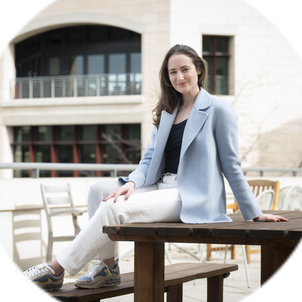I often tagged along with him, and watching him build things was influential for me. I’ve always loved science, and got my first real exposure to engineering when I became the only girl on my high school robotics team, but I was also always involved in theater. There isn’t usually much of an overlap between those social groups, but I managed to find it.
I study neural network verification algorithms, which are automated reasoning tools that reach inside the black box of neural networks and help us determine what they can and can’t do. These networks are complicated and obscure; it’s difficult to analyze what changes happen inside the model during its training process, but if you want to use them in safety applications, like cruise control systems for cars or autopilot systems for planes, you have to make sure there’s no erratic behavior going on that might result in something dangerous. This problem is compelling to me; I want the systems we build to be safe and reliable, and verification technology can help assure that, and give us all a little more peace of mind.
I still love theater and performing, and consider myself an artsy person. When I got to Stanford, I joined a local improv community in Mountain View, and have made a lot of close friends there. I do both improv and scripted standup comedy. It’s good to have an outlet like this; appreciating the silly things in life and laughing about them is important to me. It’s exciting to be on stage, and when you experience the audience enjoying your work and engaging with it, that’s such a good feeling. I also think improv has helped me during my periodic stints as a teaching assistant. I’ve learned to be aware of my audience and listen to feedback during performances. In the classroom, the best teaching happens when you’re connecting with students.
There’s a historical misconception that only a privileged few “innately” have what it takes to “make it” in STEM. This myth is harsh, exclusionary and refers to disproven models of fixed intelligence. What you need to do is cultivate an openness to learn and be challenged, and a willingness to work hard. My advice is simple: If there’s a STEM field that you get excited about – you should pursue it.
Related spotlights

Thomas Colburn

Kayla Patterson

